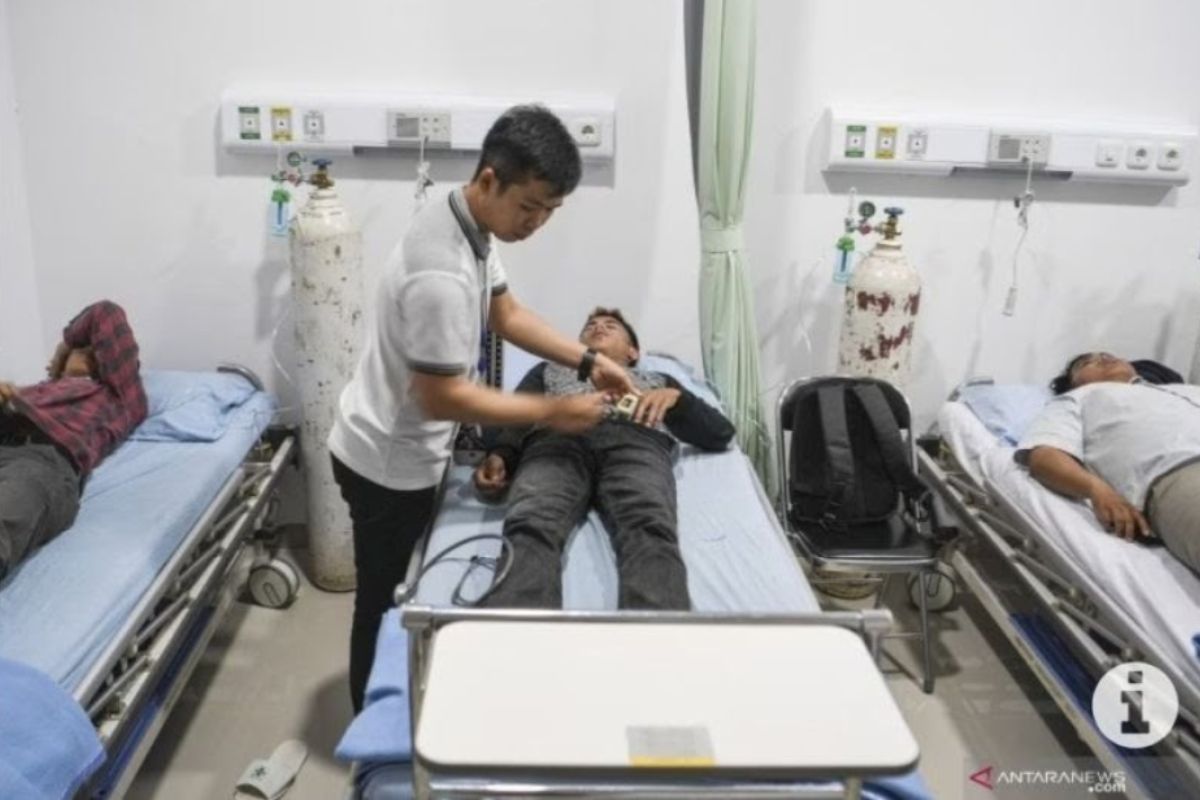There are also many INA-CBG system’s (capitation) tariffs, which have not been reviewed for a long time.Jakarta (ANTARA) - The Health Ministry has established a road map for the standard inpatient class (KRIS) program’s infrastructure under the National Health Insurance (JKN) program of the state-run Healthcare and Social Security Agency (BPJS Kesehatan).
"The implementation of the KRIS program must ensure that all infrastructure is ready," Health Minister Budi Gunadi Sadikin remarked during a hearing with Commission XI of the Indonesian House of Representatives (DPR RI) and BPJS Kesehatan on Monday.
There are three matters regarding the provision of basic health needs (KDK), for instance, health interventions must focus on education and preventive attempts, which can help reduce health service costs and improve the quality of life of the community, he informed.
In addition, to avoid potential financial loss, the ministry needs to ensure that the services provided to JKN participants are not excessive.
Furthermore, the minister said it is also necessary to adjust the INA-CBG system to implement an equitable health service claim filling system for hospitals and first-level health facilities (FKTP).
"There are also many INA-CBG system’s (capitation) tariffs, which have not been reviewed for a long time," he noted.
Hence, his ministry is making efforts to ensure that in the future, the capitation will be based on the health facilities’ performances.
Related news: Public communication through collaboration crucial for JKN-KIS success
Furthermore, Sadikin said that the INA-CBG system had been improved for the adjustment of claims at hospitals, thus the claims would be based on the diagnosis and severity of the disease as well as the regionalization and the class of the hospital.
Another important matter in the provision of KDK will be the role of additional health insurance, which allows people who have participated in BPJS Kesehatan to increase their health service benefits, he added.
However, he said that the ministry needs to pay attention to the determined classes in KRIS services in order to adjust infrastructure readiness.
The KRIS program is being piloted in five state-owned hospitals until the end of July 2022.
For the implementation of the program, BPJS Kesehatan is managing participants’ registrations and dues, guaranteeing the provision of health service costs for participants, as well as ensuring optimal health service quality.
Related news: Ministry mulls augmenting list of drugs used in JKN program
Related news: BPJS Kesehatan cooperates with BSI to facilitate subscription access
Translator: Andi Firdaus, Uyu Liman
Editor: Suharto
Copyright © ANTARA 2022












